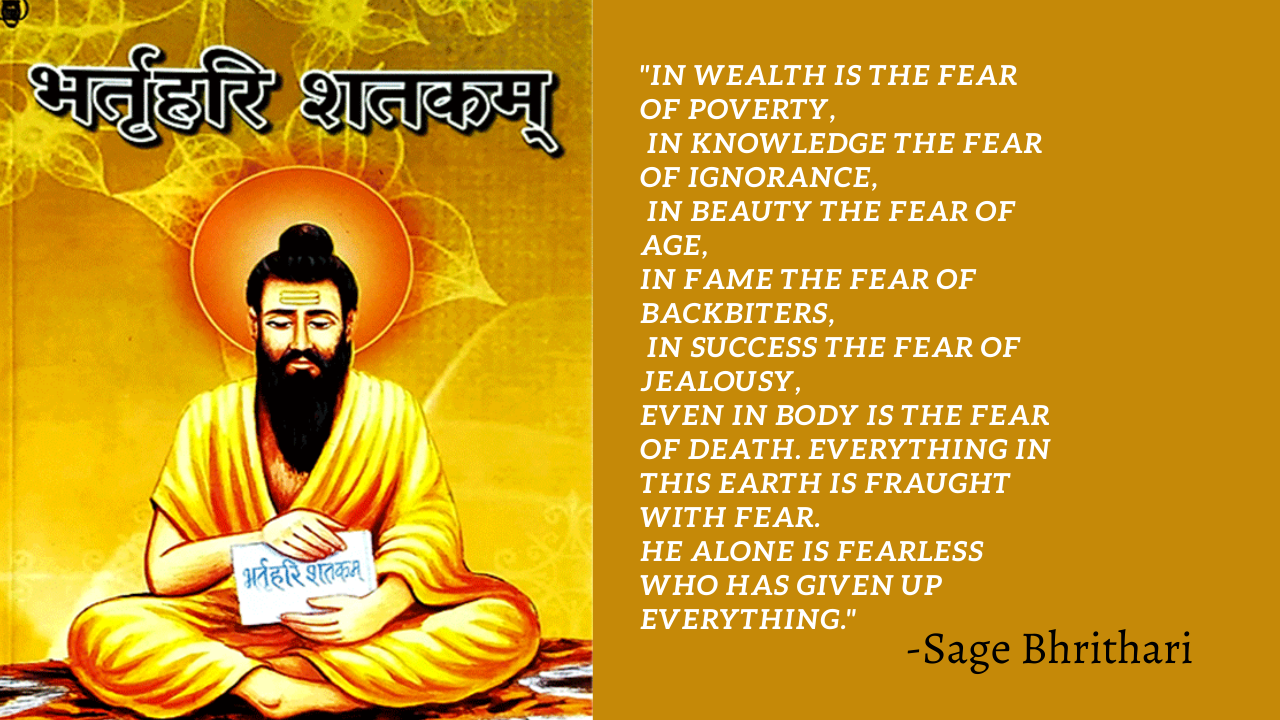Report on Junagadh's Prakrutik Plastic Cafe : An examplary model to battle plastic crisis.
For over a century now, humanity is finding itself struggling to balance the wild seasaw between environment and development. Life is expansion. Life is progress. On one end we all accept that development is an inevitable process as human beings keep evolving. We simply cannot help it. But on the other end, in this ferocious saga of development we are so sorry to sacrifice the equillibrium of nature. Every step forward in this crazy mania seems to be at the cost of mother nature.
For the past hundred years we have been experimenting with hyperconsumerism - beastly pursuit of luxury and comfort, which followed by an unprecedented usage of plastic. Well obviously it was a win-win situation for the filthy-rich consumers and powerful capitalists to keep on going and going. "Give money, get whatever you want, sir!" - And all the while we have been robbing our own mother.
One of the weapons which we are using to destroy our own home is plastic.
Since 1950 to 2018, about 6.3 billion tonnes of plastics have been produced worldwide, 9% and 12% of which have been recycled and incinerated, respectively. Human population increase and consistent demand for plastics and plastic products are responsible for continuous increase in the production of plastics, generation of plastic waste and its accompanied environmental pollution.
Plastic pollution can be traced back from every single type of pollution. Its production and incineration itself releases 850 million tonnes of carbon dioxide. By 2050, at this rate it will release 56 billion tonnes of greenhouse gases.
A report of 2017 claimed that 83% of water we drink contains microplastic pollutants. Forest and marine life too is devastated by the toxicity of plastic products. And guess what, like a banana peel, it can't just vanish out, but stays around for thousands of years!
All in all, plastic accumulation is so so dangerous that if you throw your bisleri bottle just randomly anywhere, it sticks around there well after your ten to twelve generations. I wonder why still people worry to "leave some mark behind" before they die. They are already immortalising themselves by their plastic pollution!
So, whats the way out? How to practically stop plastic usage? Well it's not possible to completely stop plastic production altogether, but we can very well reduce it, control it and monitor it to make sure its not harming the diversity of life.
Our today's blog is on a very innovative approach to solve this very problem. And ofcourse I am very proud to say that the solution has come from my own city.
The ministry of Environment, Forest and Climate Change recently announced, “The manufacture, import, stocking, distribution, sale and use of following single-use plastic, including polystyrene and expanded polystyrene, commodities shall be prohibited with effect from the 1st July, 2022. "
Following the ideal, it turns out, the best way to crush the mad production of platic waste is to actually collect it and recycle it.
To boost the initiative, the district administration of Junagadh inaugarated "Natural Plastic Cafe" to accept payment only as plastic waste. Hence, instead of paying money to order food or drinks, this cafe accepts plastic waste and serves its customers according to the weight of plastic waste collected by them.
“We want to promote clean and green Junagadh. To start with, we will give a glass of lemon juice or fennel juice for 500 grams of plastic waste and one plate of dhokla or poha for 1 kilograms of plastic waste. More the plastic waste, the bigger the platter,” said Sir Rachit Raj, Junagadh Collector, in an interview.
While the district administration has provided
the infrastructure, the café will be run and managed by a group of women from the Sarvoday Sakhi Mandal who have reportedly contributed Rs 50,000 for the development of the café.
Also, the cafe only uses organic and locally sourced ingredients from the farmers for the food. All the dishes are served in clay utensils.
The beverages in the restaurant are healthy – they made from betel leaf, rose, figs, and bel leaf, and served in clay utensils. The menu has Kathiyawadi and Gujarat platters which includes baigan bharta, sev tameta, thepla and bajra rotlo.
Next to the cafe is also a small shop where one can buy clay bottles, cups, and other utensils. One can also buy organic appliances and eco-friendly daily-use products.
What I think is that this wonderful cafe encourages people NOT to discard their plastic waste, but to collect it and submit it here. Suppose if a poor, homeless or a needy person feels hungry or can't afford to earn a living, can take up the task to collect city's plastic waste and manage to secure atleast food security.
Above all, this cafe is a great symbol to spread awareness of plastic pollution and enlighten the public about the importance of plastic recycling. This cafe is undoubtedly a model for other Indian and international cities to follow.
As of me, I am just thrilled to learn about this idea, which is in my very own city. I myself have clicked all the photos of this cafe that you see. (pls ignore the attire!)
There I even talked to the workers who said that they certainly make sure all the plastic waste is properly recycled. I found them enthuasiastic about their work. They also said that this plan was the brainchild of the District Collector Rachit Raj Sir, who once while jogging around, found so much plastic waste and took this amazing move to recycle it.
I salute this grand action plan. I also promise to do my best to contribute to the wellbeing of my country and my planet.
At the end, its the idea of "sustainable development" which can potentially balance our insane seasaw of "development" and "environment":)
Thanks,
Daksh Parekh.












Comments
Post a Comment